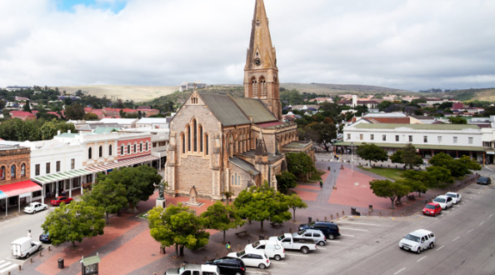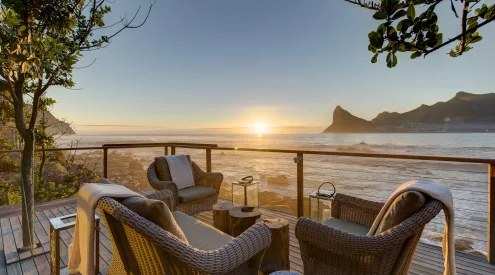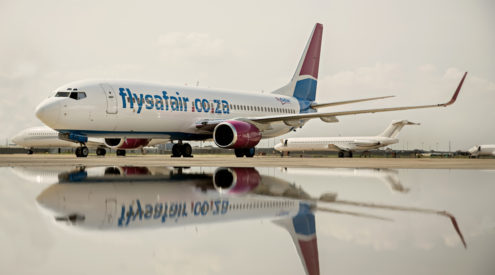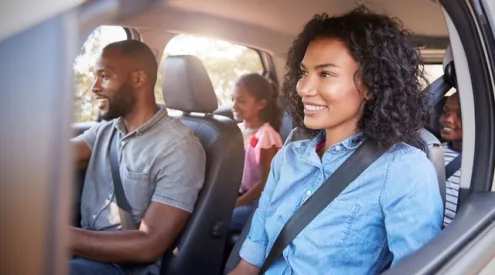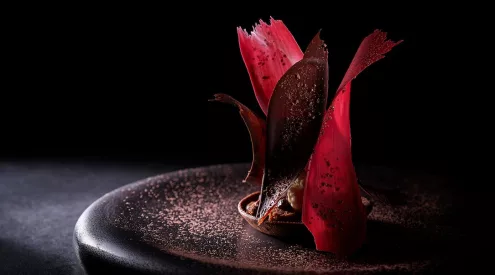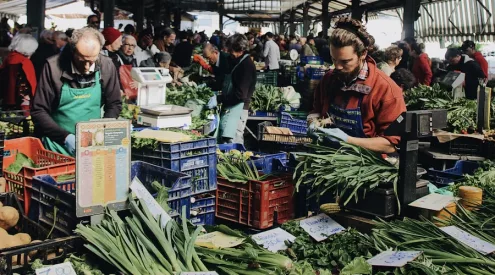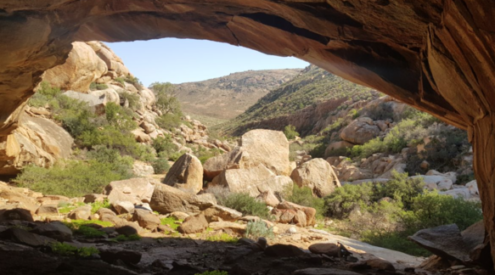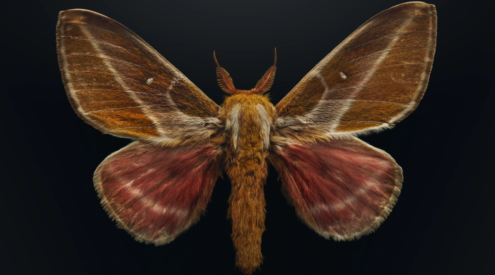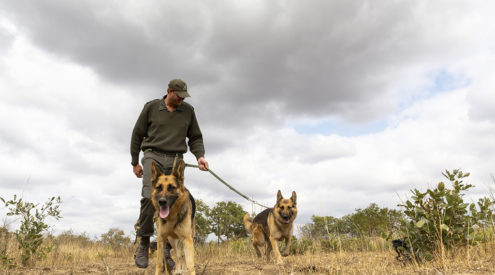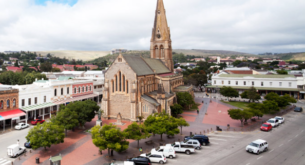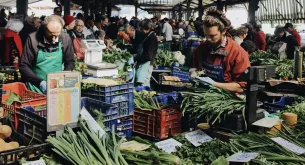News from a healthy litter of 10 wild dog pups born at Londolozi Private Game Reserve last month warmed our hearts, as the reserve has not had any wild dog births in a decade.
Read: Game reserve welcomes first wild dog pups in a decade
Recently, Game ranger James Tyrrell went to check on the pups at their den, but as the female called them out, only three emerged.
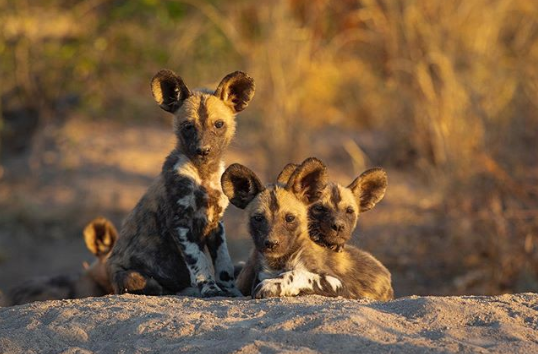
Only three of the 10 wild dog pups are to be found.
At first, Tyrrell was worried that seven of the pups may be dead.
Follow Tyrrell as he looks for the pups:
Followers were shocked and saddened by the news, commenting how sad it is and hoping that the remaining three will make it. Sadly, one pup is confirmed to be lost to a lioness and Londolozi staff were convinced there were now only two pups left.
Then, on Thursday evening June 25, a friend of Tyrrell in Mala Mala reported the adult dogs were found with 9 pups on the Londolozi/Mala Mala boundary.
Wild dog expert Grant Beverley told Tyrrell it has been recorded that dogs can have two dens completely separate, up to 6 kilometres apart. ‘It didn’t seem to make sense for a pack of two to do this though, but that must have been what they were doing.’
‘The Mala Mala guys said the adults ran west into Londolozi with the pups, so we’re heading out to look for them,’ Tyrrell said.
Take a look at the adorable pups:
‘Where the missing seven were being stashed, we have no idea, but it seems very likely the adults were operating out of two dens simultaneously,’ the post is captioned.
Wild dogs in southern Africa are entering denning season, so conservationists remain hopeful. The chances of all the pups from a litter reaching adulthood, were slim however.
‘Every litter is essentially a boost for their numbers, but with there only being two adults to raise them, they face long odds of all surviving. Apparently we can only expect something like 40% after the first three months according to the official stats, but each case is different and it’s so far so good for this litter,’ Tyrrell adds.
When asked about sightings during lockdown, Tyrrell said that while many tend to think wild animals are doing better since lockdown, that is not the case. ‘Lockdown almost certainly won’t have affected animals at all. They are generally used to the presence of vehicles and pretty much completely ignore us when the lodge is fully operational anyway. It’s business as usual,’ he told Getaway.
He added that the reason people might think the animals are more frequently sighted, is mainly because the reserve has dedicated rangers tasked with specifically documenting the action, since they can’t be out guiding guests, so there is simply more content.
And while the lockdown is hard on everyone, it surely does remind us what a privilege it is to live in this beautiful country.
‘I hope that post-Corona, safari goers and travellers in general will have more of an appreciation for simply being able to travel,’ Tyrrel said. ‘That the pressure having to see big cats and high profile sightings will melt away, and people will be able to slow down and fully immerse themselves in nature, having – hopefully – learned what an important part of a satisfying life it is.’
What is his experience of being a bush ranger? Tyrrell said it’s heaven on earth.
‘Every sunrise, every sunset, wildlife sightings most can only dream of. It’s truly impossible to encapsulate in a few short sentences. Challenge-wise I guess the hours can sometimes be long, but most of them are so stimulating that it’s never actually a hardship, at least certainly not for me. I’m lucky as my energy comes from time in nature, so the more I’m out there the more I want to do it, and because of this I never feel like I’m running out of steam!’
‘The current situation with the wild dog den is one of the most thrilling experiences I’ve enjoyed during my 10 years at Londolozi,’ he added. ‘I’d almost made my peace with the fact that I’d never get to see a new den in the wild, and then in the greatest turmoil the industry has probably ever seen, it happened. It’s certainly helped shine a wonderful spotlight on our reserve during difficult times.’
Also read:
Waterberg wild dog pack relocated to Lapalala Wilderness Reserve
Image credit: Instagram/Londolozi Game Reserve

